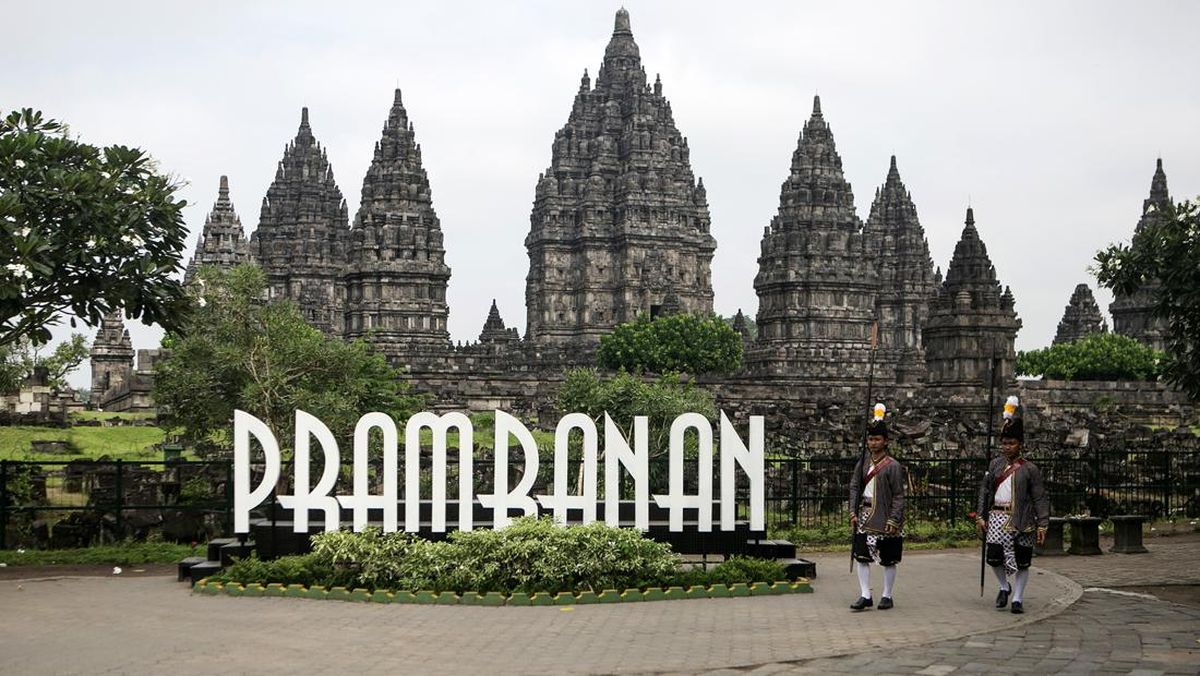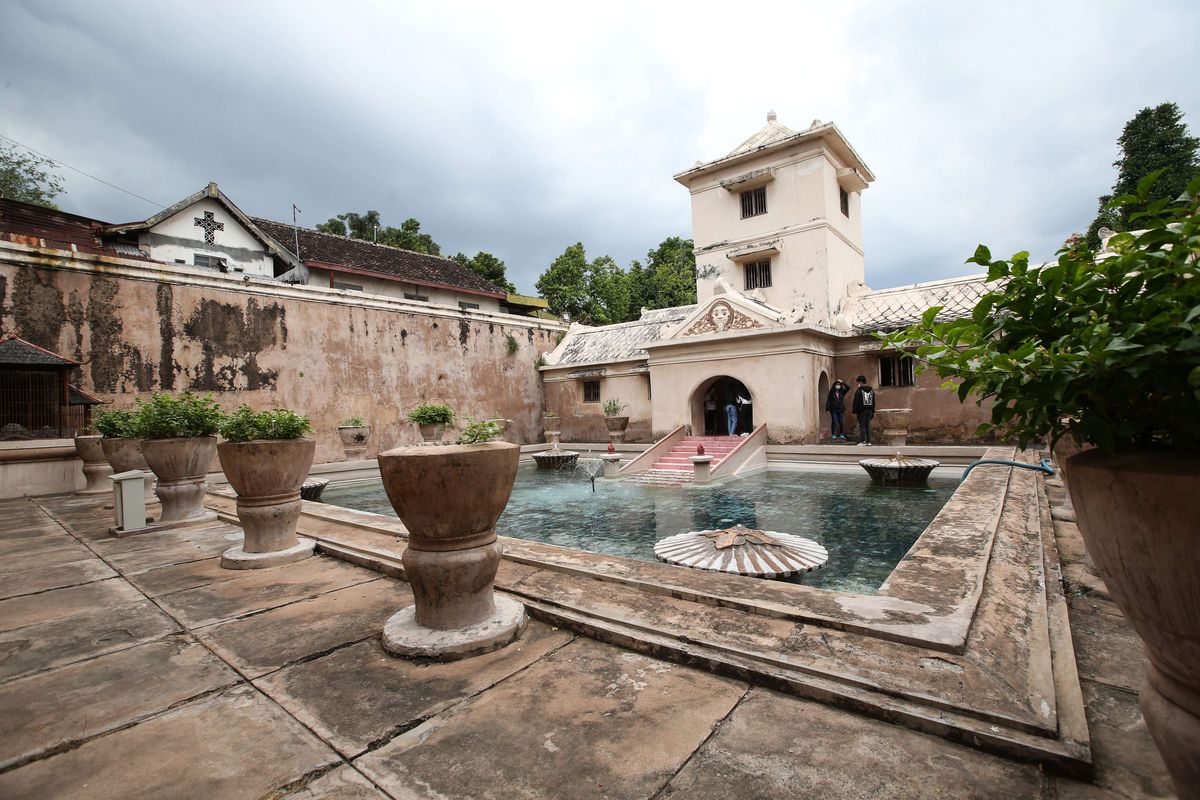Malioboro Street, located in the vibrant city of Yogyakarta, Indonesia, is a renowned landmark and a must-visit destination for travelers seeking to experience the true essence of Javanese culture, history, and local life. This iconic street has been a central part of the city’s life for centuries, serving as a hub for commerce, culture, and tourism.
Whether you're looking for traditional handicrafts, local cuisine, or a glimpse into the city’s rich history, Malioboro offers it all.
A Historical Overview of Malioboro
The name "Malioboro" is believed to have originated from the Dutch colonial era. The word "Malioboro" comes from the Sanskrit term "Malyabhara," meaning "a bouquet of flowers" or "garland." The street was initially a royal path leading to the Sultan’s palace, Kraton, and it has long been a cultural and commercial axis in Yogyakarta. Over time, it has transformed into the city’s busiest and most popular street, attracting both locals and tourists.
Malioboro has witnessed the evolution of Yogyakarta, from its origins as a small trading post in the 18th century to becoming one of Indonesia’s most famous streets today. It has remained a vital artery in the city's development, connecting the royal palace to the southern parts of Yogyakarta and beyond.
The Culture and Atmosphere of Malioboro
What sets Malioboro apart from other streets in Yogyakarta is its vibrant atmosphere and cultural richness. The street is lined with a mix of traditional markets, street vendors, and modern shops, offering visitors an eclectic blend of the old and the new.
Traditional Markets and Street Vendors: Walking along Malioboro, visitors will find a myriad of street vendors selling traditional batik, silver jewelry, wooden carvings, and other local crafts. These goods reflect the craftsmanship of Yogyakarta’s artisans, and many items are hand-made, making them unique souvenirs to take home. You’ll also find a wide range of food stalls selling delicious Indonesian snacks like jajanan pasar (traditional cakes), sate (satay), and gorengan (fried snacks).
Local Art and Crafts: Malioboro is famous for its traditional art and crafts, particularly batik, a textile art form that has been practiced in Indonesia for centuries. You’ll find numerous batik shops along the street, where visitors can admire the intricate patterns and vibrant colors that define this important aspect of Indonesian culture. Local artists also display their paintings, sculptures, and other creative works, providing a great opportunity to engage with Yogyakarta’s thriving art scene.
Iconic Landmarks: Besides the commercial activity, Malioboro is home to several landmarks that showcase Yogyakarta’s history and heritage. The Tugu Yogyakarta (Yogyakarta Monument), located at the northern end of the street, is one of the most iconic symbols of the city. This white obelisk, which was built in 1755, commemorates the city’s establishment and serves as a reminder of its long-standing importance in Indonesian history.
Transportation and Accessibility: The street is also a bustling transportation hub, with horse-drawn carts (andhong) and local buses providing visitors with an easy way to explore the city. Visitors can hop on an andhong for a unique experience of touring Yogyakarta in a traditional way while enjoying the lively surroundings of Malioboro.
Shopping and Dining at Malioboro
Malioboro Street offers an excellent shopping experience, with options for both traditional handicrafts and modern items. The shopping centers such as Malioboro Mall and Plaza Malioboro provide a more modern shopping experience with a wide variety of shops, boutiques, and restaurants. These malls cater to those looking for international brands, fashion, or electronics, while still retaining the spirit of Yogyakarta with Indonesian design elements.
For food lovers, Malioboro is a paradise of street food and traditional restaurants. Many food stalls along the street offer a variety of local delicacies, including Gudeg (a sweet jackfruit dish), Nasi Kucing (small portions of rice with side dishes), and Bakpia (a sweet pastry filled with mung bean paste).
In addition to the street food, there are several cafes and restaurants where you can enjoy a more relaxed dining experience, whether you’re interested in Indonesian or international cuisine. Don’t forget to try a cup of Kopi Joss, a unique Yogyakarta specialty coffee that’s served with a piece of hot charcoal placed in the cup to give it a smoky flavor.
Nightlife and Events at Malioboro
When night falls, Malioboro transforms into a lively, illuminated street with a more vibrant atmosphere. The street comes alive with even more street vendors, performances, and events, creating a unique nightlife experience. On weekends and public holidays, there are often cultural performances, such as traditional Javanese dance and music, that take place in the open spaces along the street.
In recent years, the street has also hosted events like the Malioboro Night Market and various cultural festivals that showcase the region's traditions and art forms. For those interested in photography, Malioboro at night offers beautiful, illuminated views of the street and landmarks, making it a great spot for capturing the essence of Yogyakarta.
Preserving the Spirit of Malioboro
As one of Yogyakarta’s most iconic streets, Malioboro has become an important part of the city’s identity and economy. The local government and communities have worked together to preserve the street’s unique charm while balancing modern development. Efforts are continually made to ensure that Malioboro remains a space that showcases the region’s cultural heritage, while also accommodating the needs of tourists and locals.
Conclusion
Malioboro is not just a street—it is a vibrant cultural experience that offers visitors a chance to immerse themselves in the heart of Yogyakarta. From its bustling markets and traditional crafts to its rich history and lively atmosphere, Malioboro remains one of the most important and beloved destinations in the city. Whether you're shopping for unique souvenirs, savoring local delicacies, or simply soaking in the lively atmosphere, a visit to Malioboro is an essential part of any trip to Yogyakarta.

